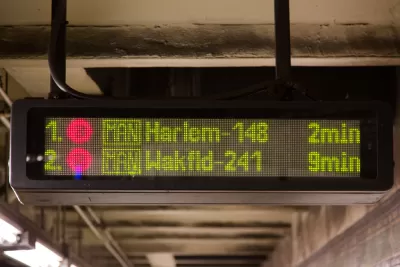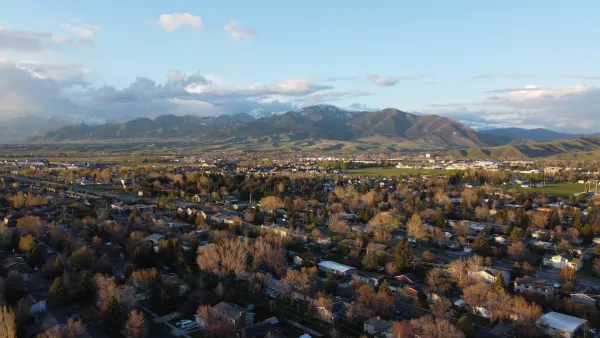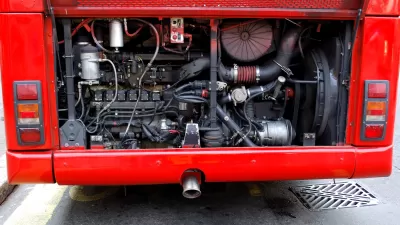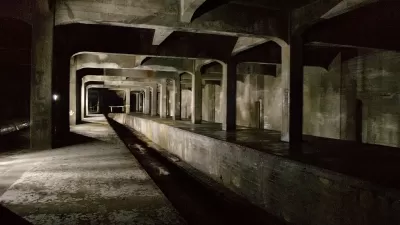Real-time information is critical to keeping public transit a competitive mobility option, researchers suggest.

Transit agencies struggling to sustain ridership in the face of increasing on-demand services have looked to improve their quality of service and user experience. A new research review suggests that real-time arrival and departure data is crucial to that effort.
Sidewalk Labs editor Eric Jaffe reports on a review of studies by researchers from the University of Tennessee and Georgia Tech that evaluated the impacts of real-time data, as well as the barriers to adoption. In a Q&A with researcher Candace Brakewood, Jaffe explains:
The primary benefits include reduced wait times (people use an app to time their walk to a stop or station), reduced travel time (people adjust their trip choices), and increased transit use (people like reduced wait and travel times). In time, the higher-order impact stands to be even greater: a future where integrated real-time data from all transportation options enables a true mobility system that rivals private car use on convenience.
FULL STORY: The real benefits of real-time transit data

Maui's Vacation Rental Debate Turns Ugly
Verbal attacks, misinformation campaigns and fistfights plague a high-stakes debate to convert thousands of vacation rentals into long-term housing.

Planetizen Federal Action Tracker
A weekly monitor of how Trump’s orders and actions are impacting planners and planning in America.

In Urban Planning, AI Prompting Could be the New Design Thinking
Creativity has long been key to great urban design. What if we see AI as our new creative partner?

Massachusetts Budget Helps Close MBTA Budget Gap
The budget signed by Gov. Maura Healey includes $470 million in MBTA funding for the next fiscal year.

Milwaukee Launches Vision Zero Plan
Seven years after the city signed its Complete Streets Policy, the city is doubling down on its efforts to eliminate traffic deaths.

Portland Raises Parking Fees to Pay for Street Maintenance
The city is struggling to bridge a massive budget gap at the Bureau of Transportation, which largely depleted its reserves during the Civd-19 pandemic.
Urban Design for Planners 1: Software Tools
This six-course series explores essential urban design concepts using open source software and equips planners with the tools they need to participate fully in the urban design process.
Planning for Universal Design
Learn the tools for implementing Universal Design in planning regulations.
Gallatin County Department of Planning & Community Development
Heyer Gruel & Associates PA
JM Goldson LLC
City of Camden Redevelopment Agency
City of Astoria
Transportation Research & Education Center (TREC) at Portland State University
Jefferson Parish Government
Camden Redevelopment Agency
City of Claremont





























